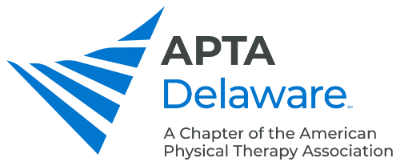Efforts by the US Centers for Medicare and Medicaid Services (CMS) to make Medicare Advantage (MA) plans more accessible to more vulnerable beneficiaries are laudable, and provisions that would steer patients away from overuse of drugs are understandable, but CMS needs to be mindful of the unintended consequences of these and other changes, says APTA in its comments on proposed MA rules changes for 2019.
At the center of APTA’s comments are proposed changes to so-called “uniformity requirements,” out-of-pocket limits, and frequently abused drugs. Essentially CMS would like to make it easier for more vulnerable individuals to participate in MA plans by reducing cost-sharing requirements, and harder for providers and patients to overutilize certain drugs, including opioids. Both efforts are worth pursuing, APTA says in its comments to CMS.
However, the association adds, those efforts need to be balanced against other concepts in MA plans.
Specifically, APTA warns CMS that healthier members of the MA population shouldn’t shoulder the expense of increasing access for more vulnerable individuals who want to participate through increased cost-sharing on services such as those provided by a physical therapist. The association also encourages CMS to require Medicare Part D sponsors to provide beneficiaries with more information on nondrug treatment options, increase access to those options, and support interdisciplinary care for treatment of chronic pain and opioid addiction. APTA’s comments can be accessed on the association’s Medicare Advantage webpage.
The call for comments on proposed MA changes is an annual event, explained Kara Gainer, APTA’s director of regulatory affairs, but as the program grows with every passing year, the provisions are beginning to play a bigger part in the overall health care landscape.
“More and more Medicare-age beneficiaries are enrolling in Advantage plans, so now is the time for CMS to implement policies that ensure access to physical therapy,” Gainer said. “But in addition to making changes that improve that access, CMS needs to make sure it maintains the gains we’ve already made.”
